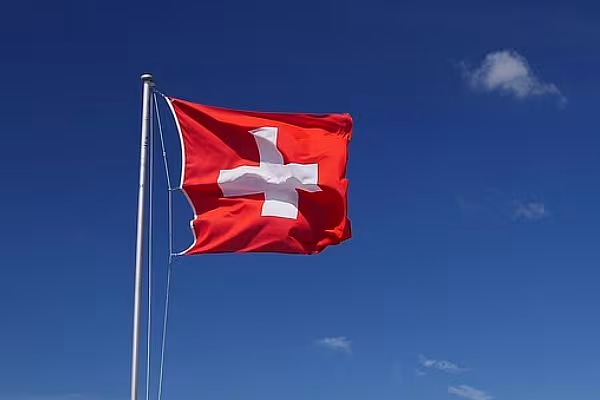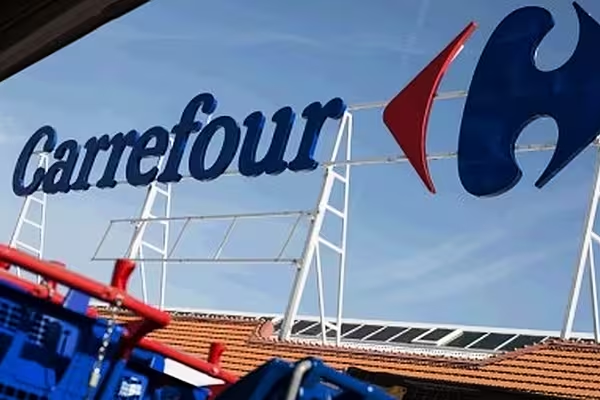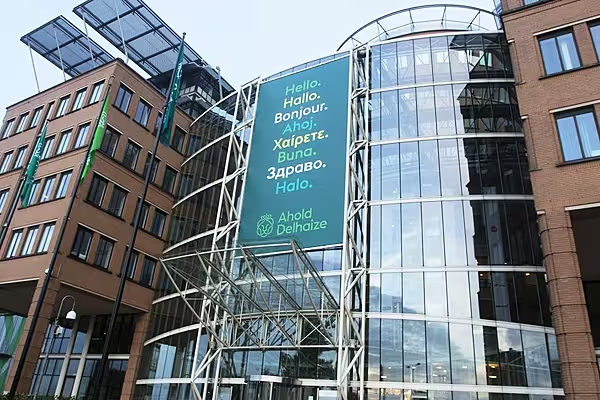Swiss consumer price inflation touched a 29-year high of 3.4% in June, more than economists had expected and the first time inflation in Switzerland has topped 3% since 2008.
The reading – the fifth month in a row that inflation has risen above the Swiss National Bank's 0-2% target range – fuelled talk that the central bank could soon tighten policy again after last month hiking its policy rate for the first time in 15 years.
"The SNB raised its policy rate from -0.75% to -0.25% in June and we think there is a good chance it will lift it into positive territory before the next scheduled meeting, in September – possibly after the imminent ECB rate rise, on 21 July," analyst David Oxley at Capital Economics wrote to clients.
Read More: Swiss Gear Up For Hard Times, To Expand Food Reserves
Inflation
Prices rose 0.5% versus May as fuel, heating oil and vegetables became more expensive. Prices for red wines and salads decreased. Core inflation that strips out volatile items like fuel and food prices rose 1.9%.
Ongoing inflationary pressure means further monetary policy tightening will likely be needed, Swiss National Bank chairman Thomas Jordan said last month.
"We published a new inflation forecast. If you interpret it correctly, you see that there's a certain need probably to tighten further," Jordan told a conference in Zurich.
The SNB has signalled it is prepared to see the Swiss franc strengthen as a way to choke off imported inflation, a departure from the campaign it waged for years to rein in the safe-haven currency whose strength hurts the export-reliant economy.
The franc now trades near parity to the euro and is worth more than one dollar.
News by Reuters, edited by ESM – your source for the latest retail news. Click subscribe to sign up to ESM: European Supermarket Magazine.











